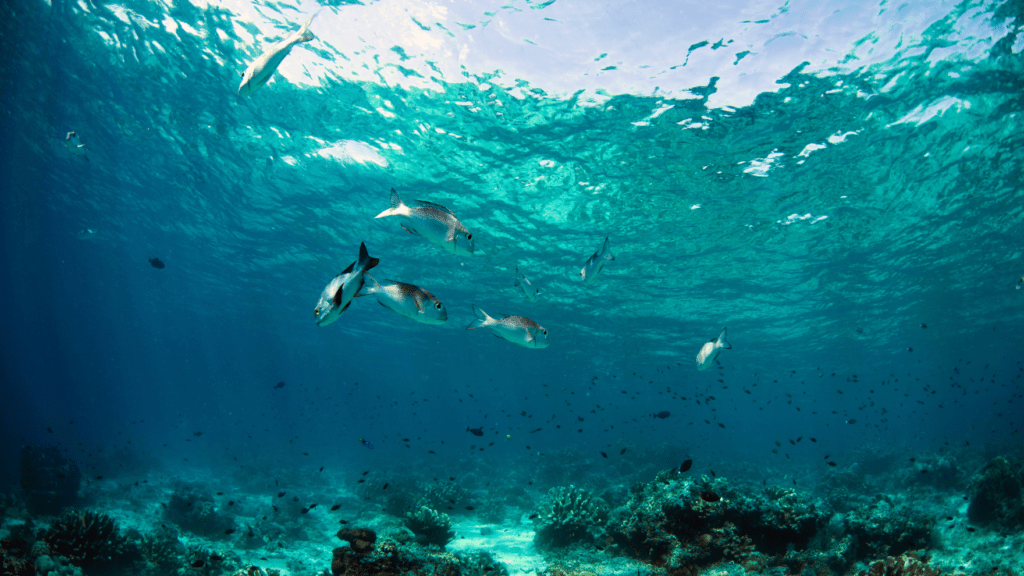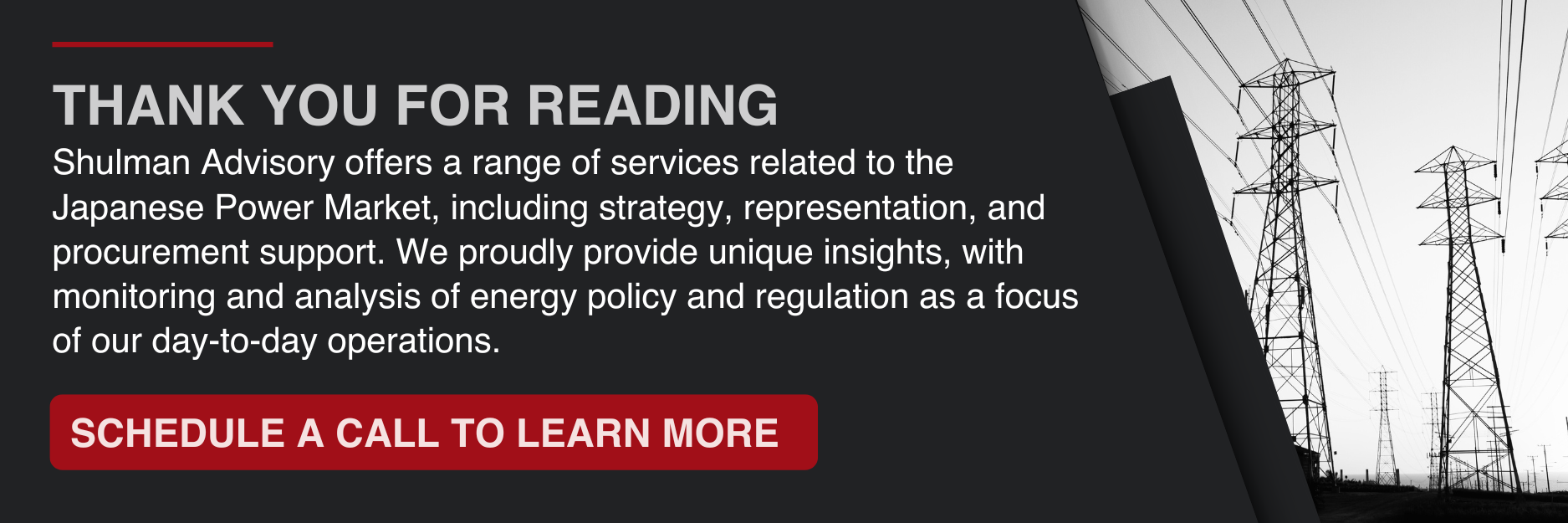Publication date: February 4 2024
On January 19th, the Ministry of the Environment released a report on the future rules for subsea carbon capture and storage (CCS). This report is an outcome of four meetings of the MoE’s Expert Committee on Subsea CCS Regulation to align domestic rules for subsea storage and export of CO2 with the London Protocol. The London Protocol outlines strict monitoring and safety measures for the transnational export and storage of CO2. This framework ensures that project owners and operators abide by the rules and restrictions to ensure marine protection while working towards the global energy transition.
The report highlighted seven key issues and measures required to ensure that subsea CCS is implemented safely and efficiently:
- Permitting: Currently, permitting for subsea CCS is valid for up to 5 years. Going forward, the MoE may consider it appropriate to lengthen the permit window to encompass the entire project.
- Characteristics of the stored CO2: The MoE will consider standards for the concentrations of CO2 for storage or export by taking into account other countries’ rules and the latest technologies.
- Monitoring: The MoE will reexamine monitoring methods to prevent CO2 leaks, protect the marine environment, and take into account the unique circumstances of the regions where CO2 will be stored.
- Rules for project termination: The current Japanese law governing ocean pollution does not have rules for project termination. Going forward, the MoE will establish such rules by requiring project operators to take a series of actions to protect the marine environment, such as closing injection wells and continuing to monitor sites as long as the regulatory authority requires.
- Transfer of assets: In the case of business mergers or breakups, the MoE will need to determine a set of procedures for transferring the subsea CO2 storage assets. These rules will likely require that the new owners of the asset must be qualified to manage it and to continue doing so.
- Rules for CO2 export: In line with the London Protocol, rules for exporting CO2 will prioritize the protection of the marine environment. Companies exporting CO2 will need to confirm that the importing country adheres to international standards.
- System for cases in which a project operator is absent: In situations where a sub-sea storage operator is absent (due to bankruptcy, etc.), MoE may require the operators to budget for asset closures while they are in operation.
The Japan Organization for Metals and Energy Security (JOGMEC) predicts that Japan will store 13 million tons of CO2 per year in domestic and international storage sites by 2030. Rules for safety and business operations such as the ones the MoE is currently considering will be critical in facilitating the growth in the CCS market as well as preventing accidents. The MoE’s report will now be used as reference material for other government committees tasked with developing this nascent market in Japan, about which we can expect to hear much more in the coming year.

________________________________________________________________________________________

